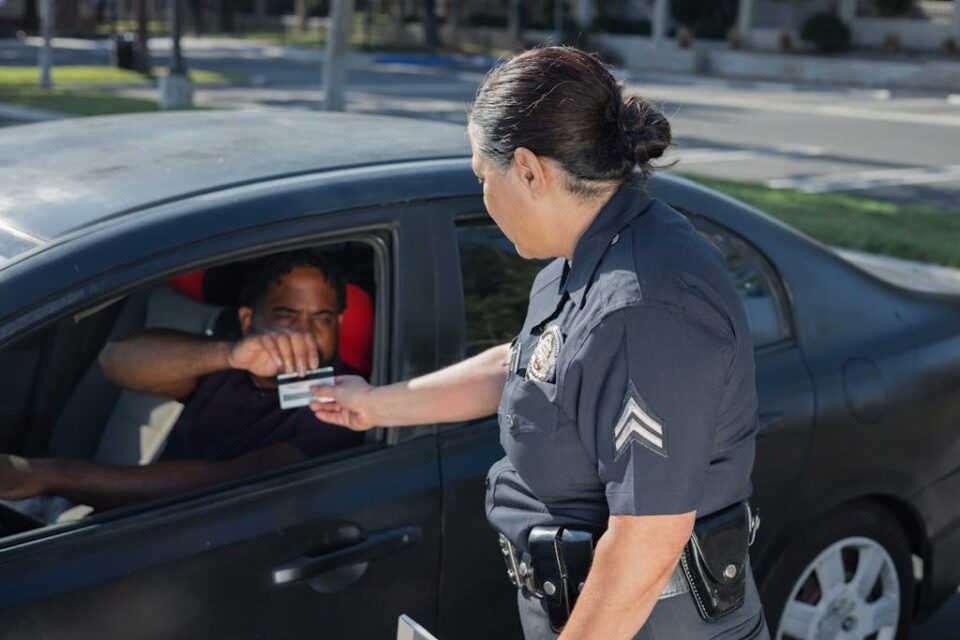Driving without insurance is illegal in nearly every state in the U.S., and the consequences can be severe, both legally and financially. Auto insurance serves as a safety net, protecting drivers and others on the road in the event of an accident. Without it, you are not only putting yourself at risk but also facing significant penalties that can affect your future driving privileges and financial stability.
Legal Consequences of Driving Without Insurance
The most immediate consequence of driving without insurance is the potential for legal penalties. In many states, if you are caught driving without proof of insurance, you may face fines, the suspension of your driver’s license, and even the impounding of your vehicle. The severity of these penalties varies by state, but in general, the consequences can escalate if you are caught driving without insurance multiple times.
In some cases, you may be required to provide proof of insurance before your license can be reinstated, which can be a time-consuming and costly process. If you are involved in an accident while uninsured, you may be held personally responsible for all damages and medical expenses, which can lead to further legal action and significant financial hardship.
Financial Consequences of Driving Without Insurance
Beyond the immediate legal penalties, driving without insurance can lead to long-term financial consequences. If you cause an accident while uninsured, you will be responsible for paying for all damages out of pocket, including medical bills, vehicle repairs, and any property damage. These costs can quickly add up to thousands or even tens of thousands of dollars, leaving you with a substantial financial burden.
In addition, if the other party in the accident decides to sue you for damages, you may be required to pay legal fees and settlements, further increasing your financial liability. Without insurance, you may be forced to use personal savings or assets to cover these costs, which can jeopardize your financial security.
Impact on Future Insurance Rates
If you are caught driving without insurance or involved in an accident while uninsured, your future insurance rates are likely to increase significantly. Insurance companies view uninsured drivers as high-risk individuals, and as a result, they may charge higher premiums to cover the added risk. In some cases, you may also have difficulty finding an insurer willing to cover you at all.
To regain your driving privileges, you may be required to carry high-risk insurance, also known as SR-22 insurance, which is typically more expensive than standard coverage. This type of insurance may be required for several years, further driving up the cost of your auto insurance.
Driving without insurance can have serious legal and financial consequences. From hefty fines and license suspensions to the financial burden of paying for damages out of pocket, the risks of driving uninsured are significant. To avoid these consequences, it’s essential to maintain the required auto insurance coverage and stay compliant with your state’s laws.

